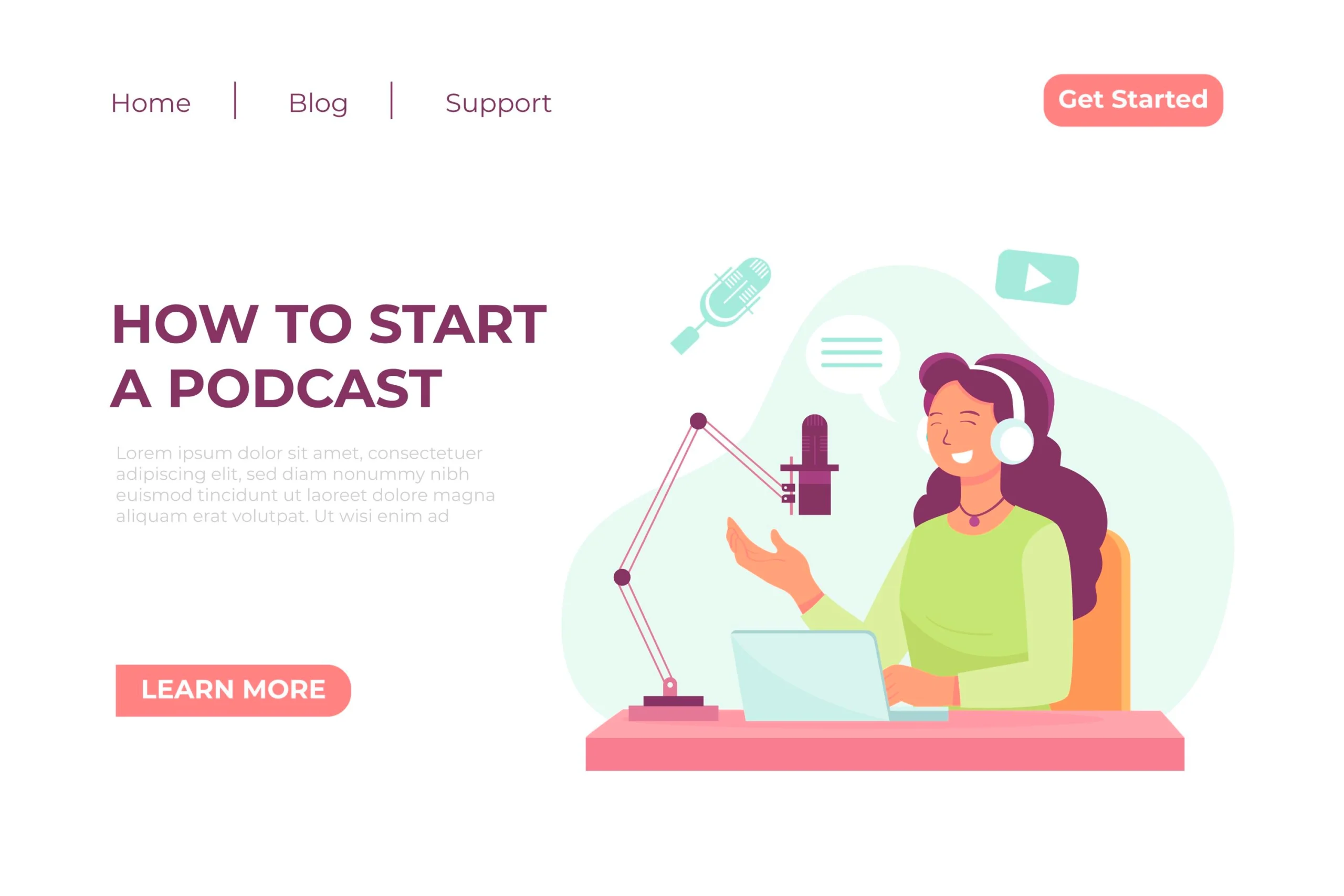Starting a trivia podcast can be an exciting and rewarding venture. With the growing popularity of podcasts, there’s never been a better time to dive into the world of trivia. This article will guide you through the essential steps to launch a successful trivia podcast, from planning and equipment to marketing and audience engagement.
Planning Your Trivia Podcast
Define Your Podcast’s Focus
Before diving into the technical aspects, it’s crucial to define your podcast’s focus. What makes your trivia podcast unique? Consider these aspects:
- Theme: Will your trivia focus on general knowledge, pop culture, history, or a niche topic?
- Format: Decide on the format of your episodes. Will you have a single host, multiple hosts, or guest experts?
- Target Audience: Identify your target audience to tailor your content and style accordingly.
Develop a Content Strategy
Create a content strategy that outlines:
- Episode Structure: Plan how each episode will be structured. Will you have multiple rounds, categories, or special segments?
- Content Calendar: Develop a content calendar to organize your episodes and ensure consistency in release.
Set Goals and Metrics
Establish clear goals for your podcast, such as:
- Growth Targets: Define target listener numbers or downloads.
- Engagement Metrics: Track listener engagement through reviews, social media interactions, and listener feedback.
Choosing the Right Equipment
Essential Podcasting Equipment
Investing in quality equipment is key to producing a professional-sounding podcast. Here’s a list of essential gear:
- Microphone: Choose a high-quality microphone for clear audio. Popular options include dynamic microphones and condenser microphones.
- Headphones: Invest in closed-back headphones to monitor audio during recording and editing.
- Audio Interface: Use an audio interface to connect your microphone to your computer and enhance sound quality.
- Pop Filter: A pop filter helps reduce plosive sounds (like “p” and “b” sounds) that can distort audio.
Additional Accessories
Consider additional accessories to improve your recording setup:
- Microphone Stand: A stand ensures stable microphone positioning.
- Soundproofing Materials: Use soundproofing materials to reduce background noise and echo.
Creating Compelling Content
Craft Engaging Trivia Questions
The core of any trivia podcast is the trivia questions. To keep your audience engaged:
- Variety: Mix up question types, including multiple-choice, true/false, and open-ended questions.
- Difficulty Levels: Include questions of varying difficulty to cater to different skill levels.
- Themed Episodes: Create themed episodes to keep content fresh and interesting.
Incorporate Interactive Elements
Enhance listener engagement by incorporating interactive elements:
- Listener Questions: Encourage listeners to submit their own trivia questions.
- Live Quizzes: Host live trivia sessions where listeners can participate in real-time.
Invite Guest Experts
Featuring guest experts can add credibility and variety to your podcast. Choose guests who are knowledgeable in your trivia topic or have a strong following.
Recording and Editing Your Podcast
Recording Tips
To ensure high-quality recordings:
- Environment: Record in a quiet, controlled environment to minimize background noise.
- Preparation: Prepare a script or outline to stay organized and focused during recording.
Editing Your Podcast
Editing is crucial for producing a polished final product. Use audio editing software to:
- Remove Mistakes: Cut out mistakes, awkward pauses, and background noise.
- Enhance Audio: Apply audio effects like EQ and compression to improve sound quality.
- Add Music and Effects: Include intro and outro music, as well as sound effects, to enhance the listening experience.
Marketing Your Trivia Podcast
Develop a Promotion Strategy
To grow your podcast audience:
- Social Media: Promote your episodes on social media platforms like Twitter, Facebook, and Instagram.
- Podcast Directories: Submit your podcast to popular directories like Apple Podcasts, Spotify, and Google Podcasts.
- Collaborations: Collaborate with other podcasters or influencers to reach a broader audience.
Create a Podcast Website
A dedicated website can help with SEO and provide a central hub for your podcast:
- Episode Archives: Display past episodes for easy access.
- Show Notes: Include show notes and links to trivia resources.
- Contact Information: Provide contact information for listener feedback and guest inquiries.
Engaging with Your Audience
Encourage Listener Feedback
Engage with your audience by:
- Feedback Channels: Provide channels for listeners to give feedback, such as email or social media.
- Surveys and Polls: Conduct surveys and polls to gather opinions and preferences.
Build a Community
Foster a community around your podcast:
- Social Media Groups: Create groups or forums where listeners can discuss episodes and trivia topics.
- Events and Meetups: Host virtual or in-person events to connect with your audience.
Conclusion
Starting a successful trivia podcast requires careful planning, quality equipment, and engaging content. By defining your podcast’s focus, investing in the right gear, creating compelling trivia questions, and actively marketing your show, you can build a dedicated audience and achieve podcasting success. Remember to continuously engage with your listeners and adapt to their feedback to keep your podcast fresh and exciting.
Whether you’re a trivia enthusiast or looking to share your knowledge with the world, following these steps will help you launch a trivia podcast that stands out in the crowded podcasting landscape.



